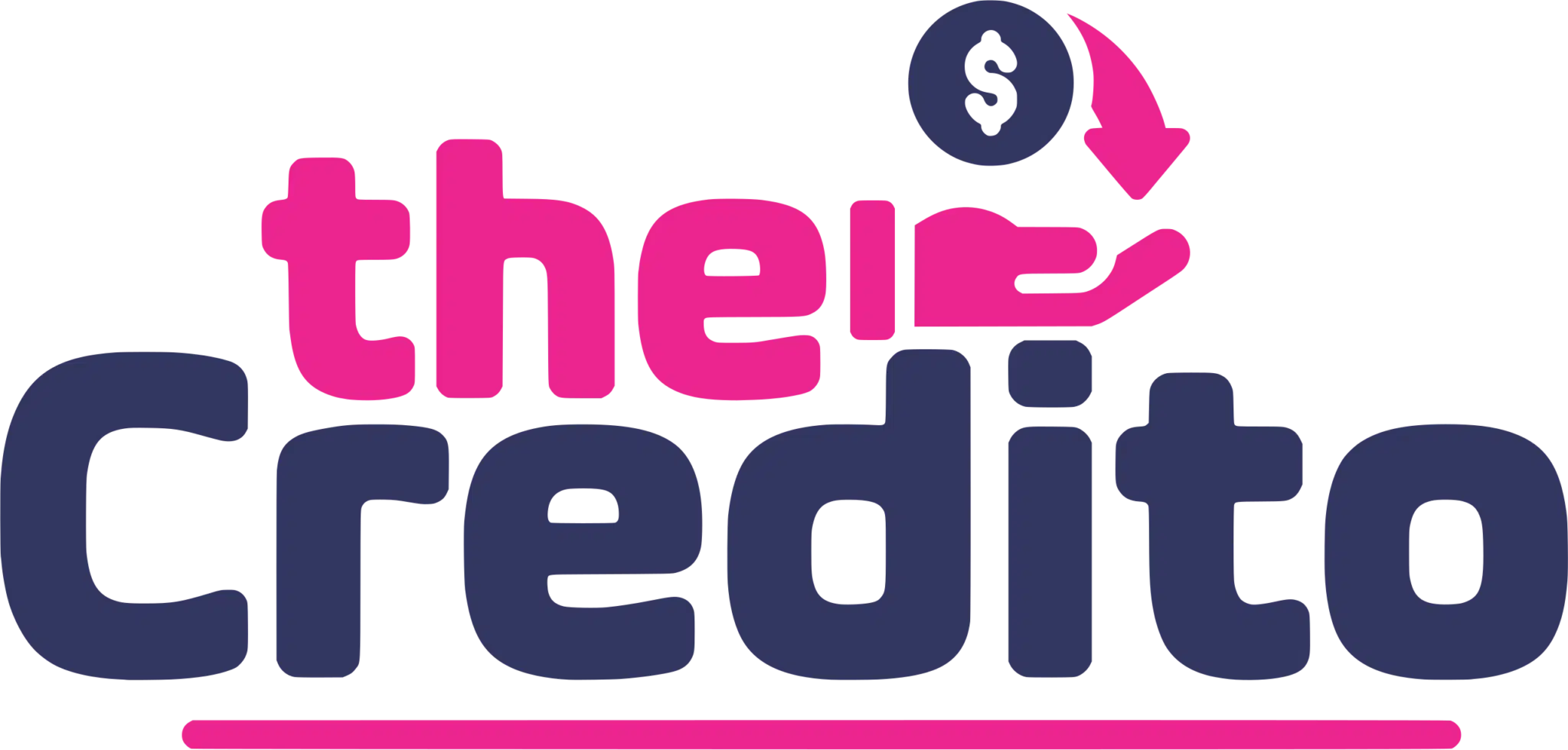Improving your credit score in the USA can be a game-changer, opening doors to better interest rates, rental opportunities, and more financial freedom. Whether you’re starting from scratch or looking to boost an existing score, there are several practical steps you can take.
Understanding the importance of a good credit score and how to achieve it is a vital financial skill that can open doors to better loan rates, rental opportunities, and even job prospects.
Why your credit score matters

Firstly, your credit score is a numerical representation of your creditworthiness. Lenders, landlords, and even some employers check this score to evaluate your reliability. A higher score often means you’re seen as a low-risk borrower.
An excellent credit profile can yield better interest rates on mortgages, car loans, and credit cards. It can also influence the terms of your utility agreements and improve your chances of renting an apartment. Understanding your current score and what impacts it is the first step towards improvement. Knowing the “why” behind your score helps in strategizing effectively.
How credit scores are calculated
The primary factors that influence your credit score include payment history, amounts owed, length of credit history, new credit, and types of credit used. Payment history contributes roughly 35% to your score, making it the most significant factor.
Amounts owed come next, accounting for about 30% of your score. This includes your credit utilization rate. The length of your credit history makes up 15%, while new credit and credit mix each account for 10%. Understanding these components helps you to focus on areas where you can make the most impact. Targeting weak points can yield quicker results.
Checking your credit report
Regularly reviewing your credit report is essential. Mistakes on your report can drag down your score unnecessarily. Under federal law, you’re entitled to a free copy of your credit report from each of the major credit bureaus once every 12 months.
Obtaining your credit report is simple through websites like AnnualCreditReport.com. Look for inaccuracies such as incorrect personal information, accounts that don’t belong to you, or payment statuses incorrectly marked. If you spot any errors, file a dispute with the credit bureau. Correction of inaccuracies can result in a quick boost to your score.
Practical steps to boost your credit score
There are several actionable strategies you can employ to improve your credit score. Consistency and discipline are key, as positive changes often take time to manifest. Prioritizing good financial habits, such as timely bill payment and responsible credit usage, can have a lasting effect.
More specific tactics outlined below can streamline your efforts and target the most impactful areas. Stay patient and persistent — your credit score won’t change overnight, but with concerted effort, progress is inevitable.
Timely bill payments
Paying your bills on time is paramount to boosting your credit score. Late or missed payments can significantly harm your credit profile, as payment history accounts for a major portion of your score. Set reminders or use automated payments to ensure you never forget a due date.
It’s wise to prioritize paying at least the minimum amount required if full payment isn’t possible. Consistent, on-time payments over several months will gradually reflect well in your credit score. This disciplined approach also builds a positive credit habit for the long term.
Reducing credit utilization
Another effective strategy is to manage your credit utilization ratio, which is the amount of your credit card limit you’re using. Aim to keep this ratio below 30% to maintain a healthy credit profile. If possible, pay off your balances in full each month.
Alternatively, spreading your expenses across multiple cards can help lower the utilization on any single card. You can also request higher credit limits from your card issuers. A higher limit with the same spending keeps your utilization ratio low, which is beneficial for your credit score.
Limiting hard inquiries
Frequent applications for new credit can lower your score due to multiple hard inquiries. These occur when a lender checks your credit profile to make loan decisions. Plan your credit applications wisely. A focused, short-term approach when necessary can minimize the impact.
For instance, when rate shopping for a mortgage or auto loan, do so within a specified time frame to count as one inquiry. Being strategic about new credit applications ensures that your score remains steady, allowing the other positive factors to work in your favor.

